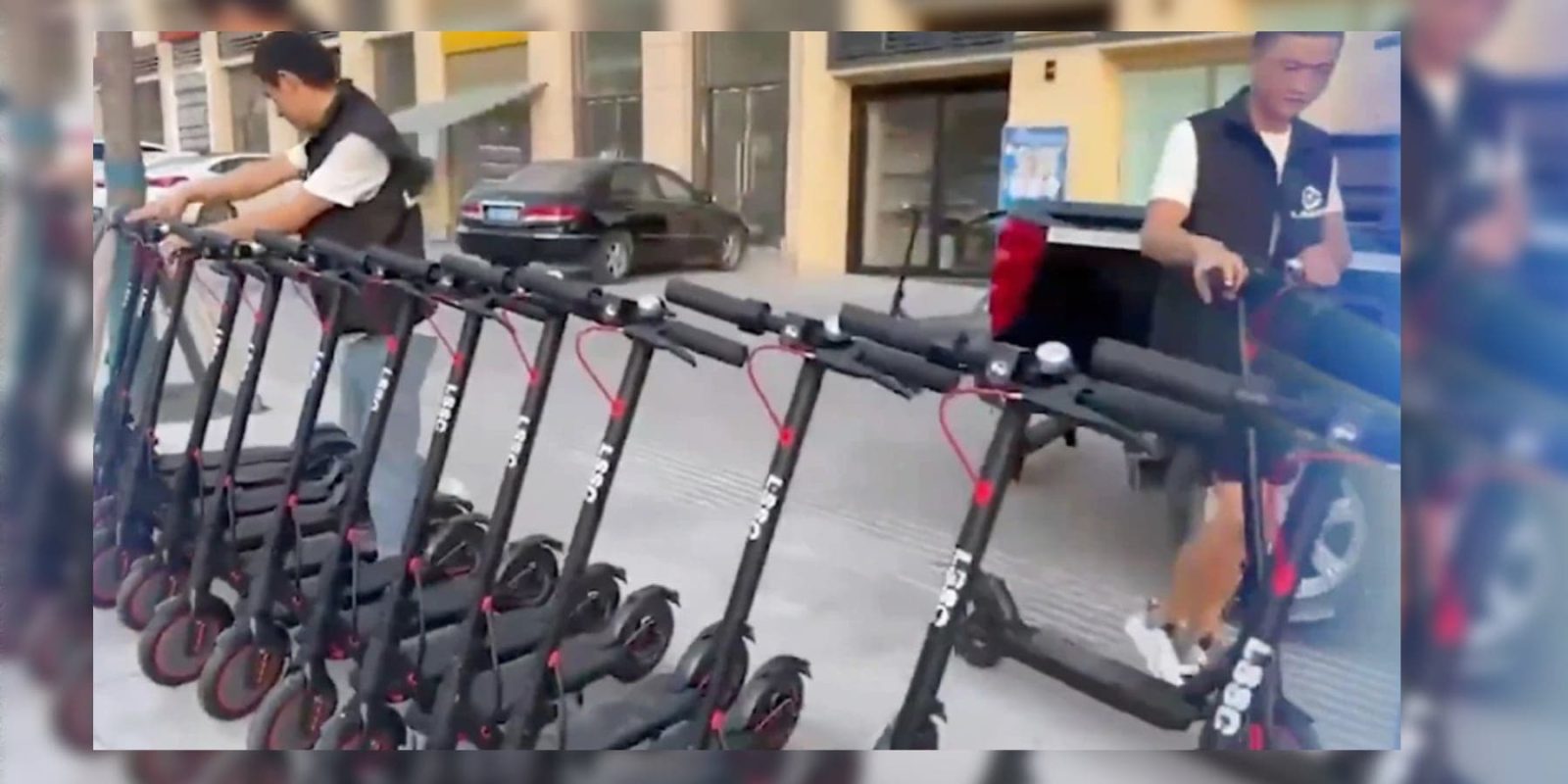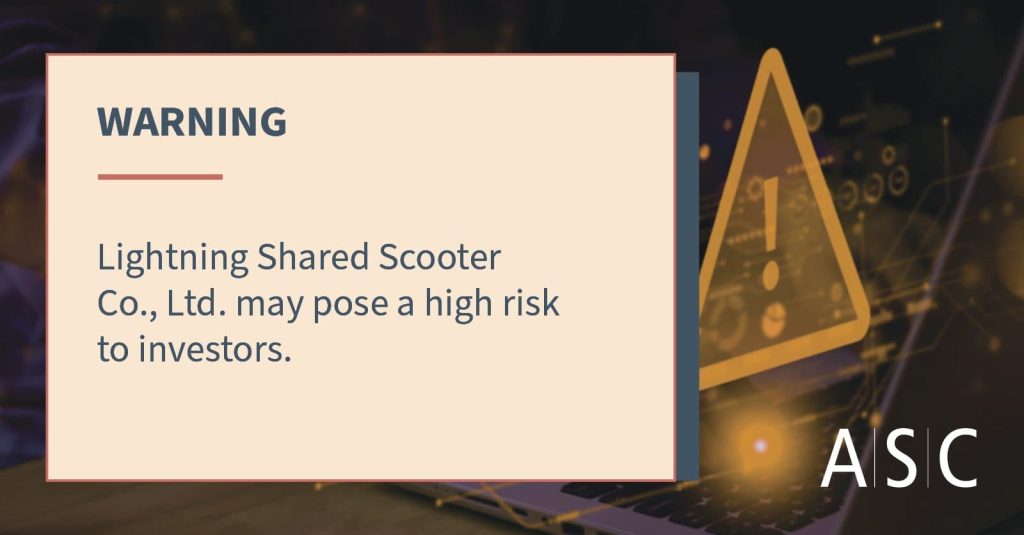
What seemed like a too-good-to-be-true opportunity in micromobility has turned into a cautionary tale. The Lightning Shared Scooter Company (LSSC) lured investors with promises of leasing scooters in Asia, offering hefty daily returns to Western investors – often average folks instead of seasoned investors. But now regulators and watchdogs warn it was all a well‑orchestrated scam, leaving victims robbed of millions.
The pitch: Easy money, powered by scooters?
From the start, LSSC presented itself as a legitimate shared-scooter rental company with high demand and even higher returns. Investors were told they’d lease scooters, watch them get deployed in bustling Asian cities, and collect reliable daily pay‑outs. The company sold a dream of passive income from a booming market of micromobility. But in reality, it was all smoke and mirrors.
In theory, as the e-scooters were rented and ridden, the investors would earn money from those scooters. In practice, fake revenue stacked up in the app but couldn’t actually be withdrawn. Making matters worse, the scam relied on its victims also roping in friends, family, or other potential “investors”, functioning much like a pyramid scheme.
To appear legitimate, the company circulated an official-looking SEC certificate, though NBC News reported that upon inspection, the document was riddled with typos, grammatical errors, and other flaws that any due diligence process should have caught.

Countless Americans fell for it, along with the company’s shiny marketing materials and supposed celebrity endorsements. According to the Better Business Bureau (BBB), LSSC’s victims often invested anywhere between $1,000 to a staggering $55,000. And this devastation wasn’t isolated; claims span at least 17 US states.
With mounting complaints piling up, the BBB has issued public warnings to anyone who might be approached by LSSC or similar schemes masquerading as shared-mobility ventures.
The scooter industry has been both glorified and maligned in recent years, from legitimate startups redefining urban transit to watchdogs cracking down on mismanagement and faulty batteries. What’s particularly concerning here is that LSSC weaponized well-known industry tropes: scooter popularity, micromobility returns, and a “global venture” to build credibility.
Ultimately, the Lightning Shared Scooter fiasco reads like a modern-day cautionary fable for investors: brand new names, global promises, and passive-income allure can be the perfect ingredients for fraud.
Micromobility is a bright, evolving industry, and one worth supporting, innovating, and investing in. But as this shadowy tale shows, even in our electric future, scams still require old-fashioned skepticism. So if you’re ever asked to “invest in scooters” – especially in far-off markets – pause, ask tough questions, and remember: not every opportunity is what it seems. And if a “business opportunity” requires signing up your friends and family, run for the hills. Or better yet, scoot there!
FTC: We use income earning auto affiliate links. More.












